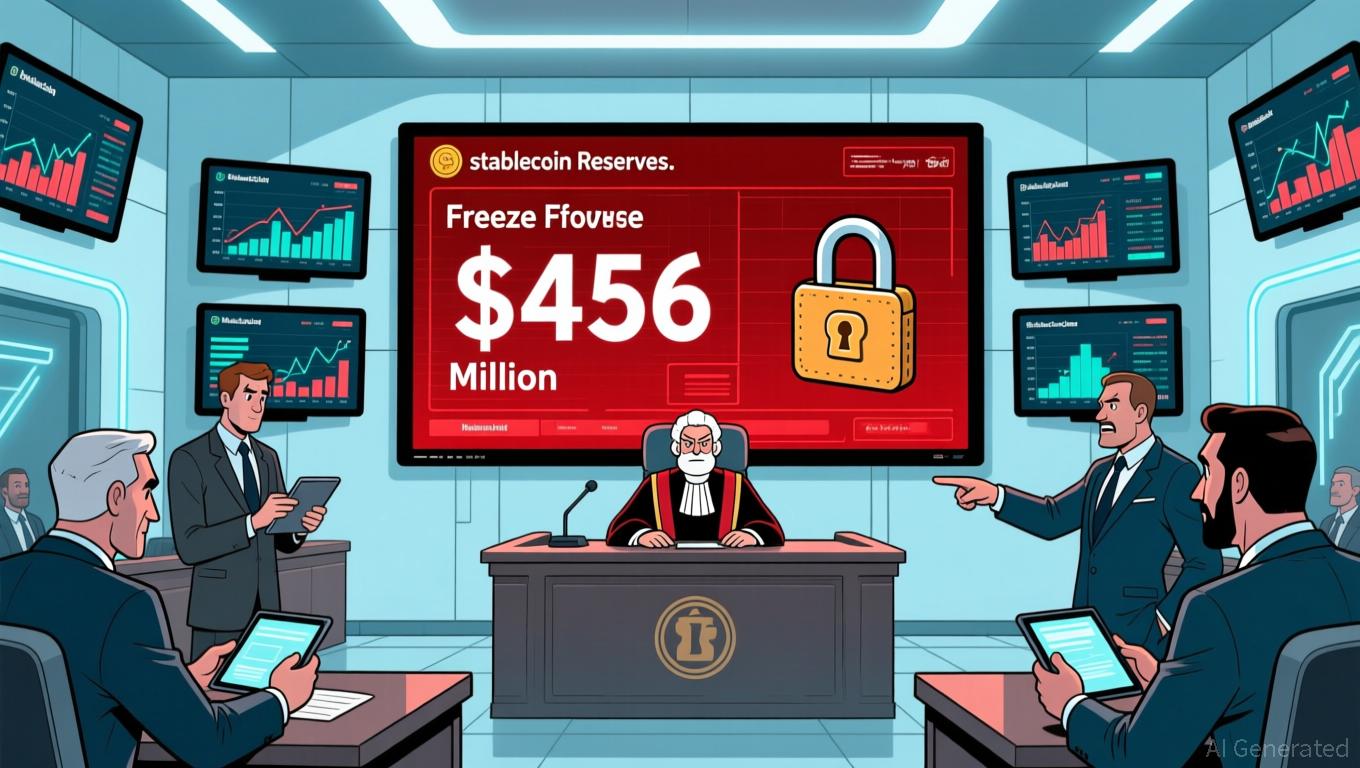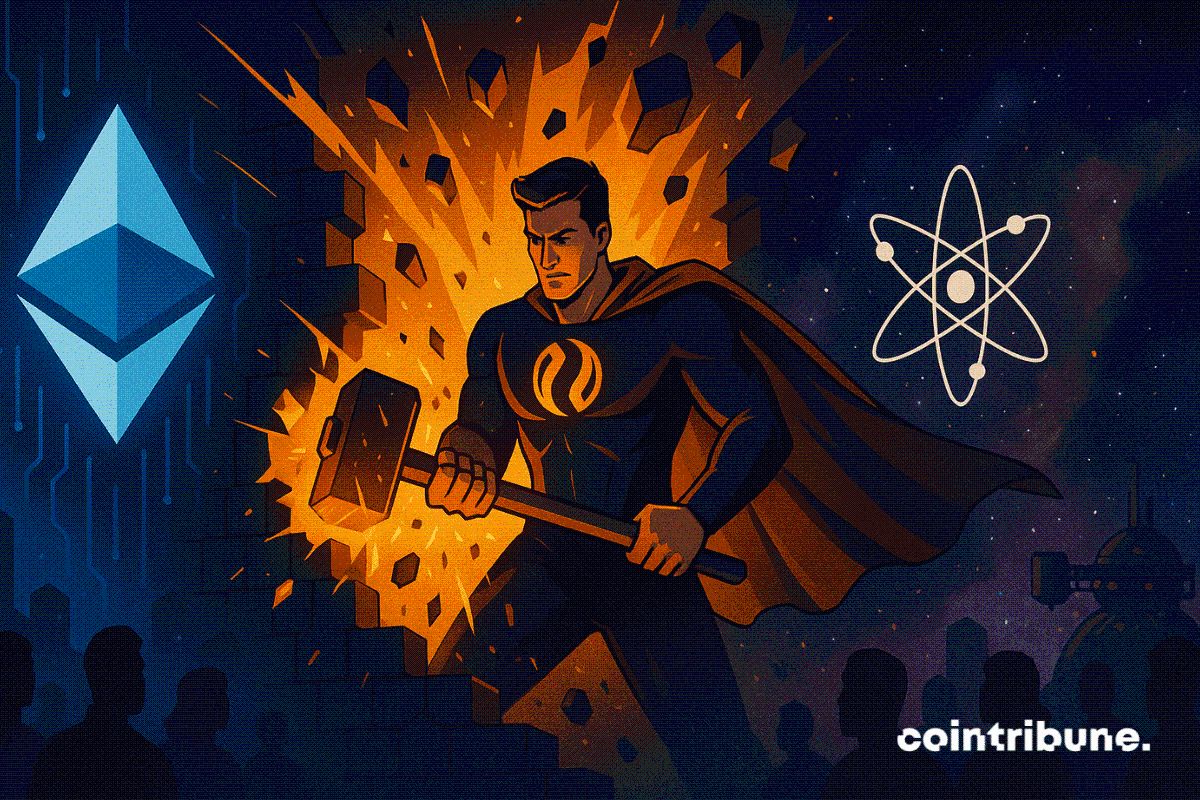Japan stablecoin issuers could fill central bank’s bond-buying gap: Report
Japan’s first domestic stablecoin issuer said digital asset companies may soon become significant players in the country’s sovereign debt market, potentially reshaping monetary policy.
JPYC, the Tokyo-based company behind Japan’s first yen-pegged stablecoin, said issuers may evolve into major buyers of Japanese government bonds (JGBs) as their reserves increase.
In comments reported by Reuters, JPYC founder and CEO Noritaka Okabe said stablecoin reserves could fill the gap left by the Bank of Japan (BOJ) as it slows its bond purchases.
The Tokyo-based startup started issuing its yen-backed token, also dubbed JPYC, on Oct. 27, under the country’s revised Payment Services Act, its first legal framework for stablecoins. The company has issued about $930,000 worth of tokens to date and aims to reach a circulation of $66 billion within the next three years.
The token is backed by a combination of bank deposits and JGBs and is fully convertible to yen. It’s also designed to move seamlessly across blockchain rails.
Stablecoin issuers as new bond buyers
Okabe said JPYC plans to invest 80% of its issuance proceeds in JGBs and keep the remaining 20% in bank savings, initially focusing on short-term securities. He added that the company may consider longer-term JGBs in the future as demand grows and the yields remain attractive.
This type of allocation could give stablecoin issuers a significant role in Japan’s debt market, where the BOJ still holds about half of the $7 trillion JGB market. As the central bank slows bond purchases, new buyers need to absorb the issuance.
Because of this, Okabe floated the idea that stablecoin reserves could naturally fill part of the vacuum, linking blockchain adoption to fiscal financing.
“The volumes of JGBs stablecoin issuers buy will be swayed by the balance of supply and demand for stablecoins,” he said, noting that this trend “will happen around the world” and that Japan will not be an exception.
Related: Visa pilots fiat-funded stablecoin payouts for US businesses
Stablecoin adoption in Japan
Okabe’s comments came as stablecoins continue to see adoption in Japan’s traditional finance sector.
On Friday, the Financial Services Agency (FSA), the country’s financial regulator, endorsed a yen-pegged stablecoin project led by Japan’s biggest financial institutions.
The FSA announced the “Payment Innovation Project,” an initiative that involves Mizuho Bank, Mitsubishi UFJ Bank, Sumitomo Mitsui Banking Corporation, Mitsubishi Corporation and its financial arm and Progmat, MUFG’s stablecoin issuance platform.
The regulator said that the companies will begin issuing payment stablecoins this month.
Magazine: If the crypto bull run is ending… it’s time to buy a Ferrari: Crypto Kid
Disclaimer: The content of this article solely reflects the author's opinion and does not represent the platform in any capacity. This article is not intended to serve as a reference for making investment decisions.
You may also like
Seismic Connects Blockchain Openness with Financial Confidentiality, Raises $10 Million
- Seismic, a crypto startup enhancing fintech privacy, raised $10M led by a16z crypto, totaling $17M. - Its encrypted blockchain enables fintechs to process crypto transactions without exposing customer data. - Partners like Brookwell and Cred use the private blockchain to hide financial details while expanding cross-border services. - The funding targets fiat on/off-ramping and card programs by 2026, competing with $5B rival Tempo in a privacy-focused crypto market.

Anthropic’s $50 Billion Investment Speeds Up the AI Infrastructure Competition
- Anthropic commits $50B to U.S. data centers, partnering with Google , Nvidia , and Amazon to scale AI infrastructure via multi-vendor hardware strategies. - Industry-wide AI spending surges, with Meta planning $600B in data center investments and McKinsey projecting $7T global AI infrastructure demand by 2030. - Energy demand triples to 130GW by 2030, driving utility companies to expand capacity while chipmakers like Broadcom face heightened competition for AI contracts. - Smaller players like Rumble and
Dubai's Digital Court Blocks $456 Million, Establishing a Landmark for Stablecoins
- Dubai's Digital Economy Court froze $456M linked to Justin Sun's TrueUSD rescue, citing improper reserve transfers to Aria Commodities. - Techteryx claims $456M was diverted to illiquid ventures via Hong Kong trustee, violating liquidity requirements for stablecoin redemptions. - Court ruled assets held on constructive trust, warning of asset dissipation risks and setting precedent for Gulf crypto litigation. - Hong Kong courts will determine ownership, with potential to restore reserves or reshape stabl

Bitcoin: British Justice Sentences the "Goddess of Wealth" to 11 Years and 8 Months in Prison

